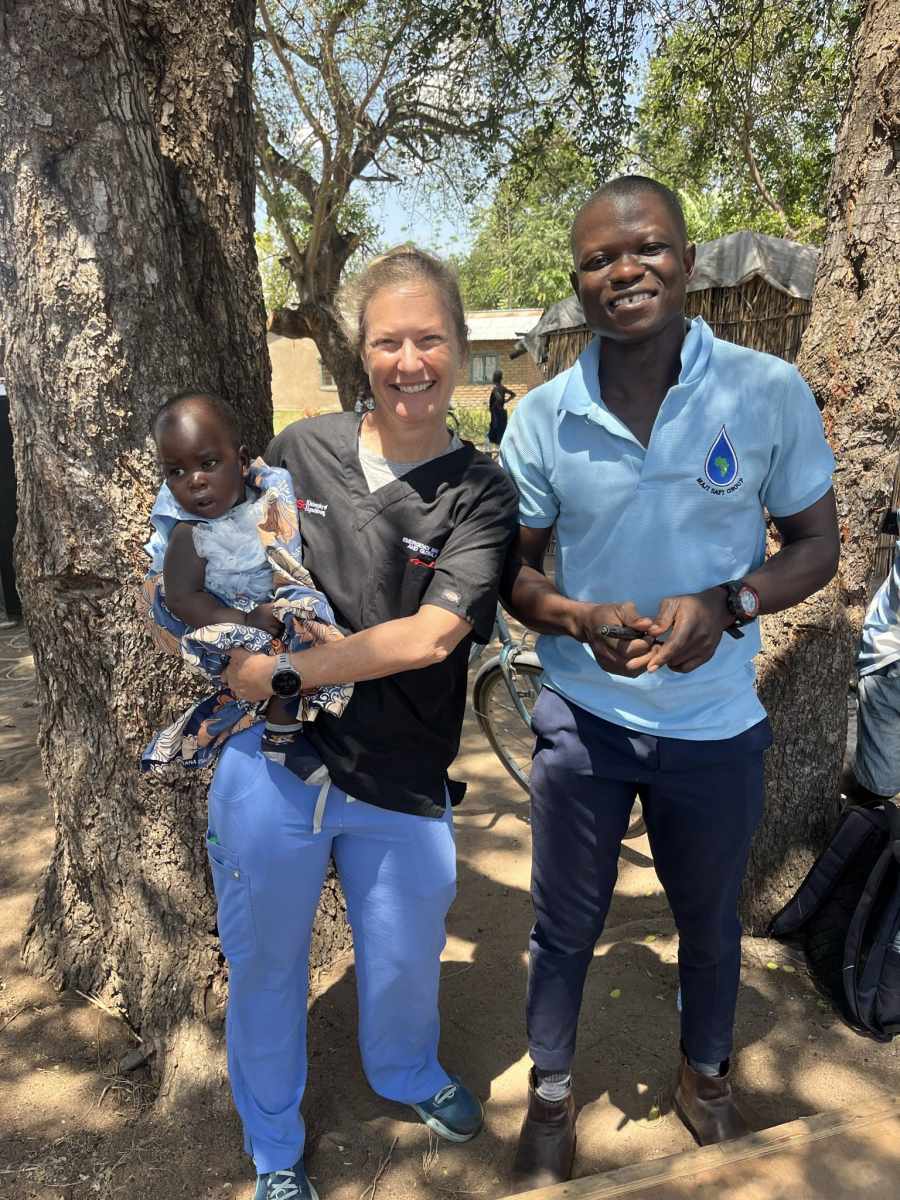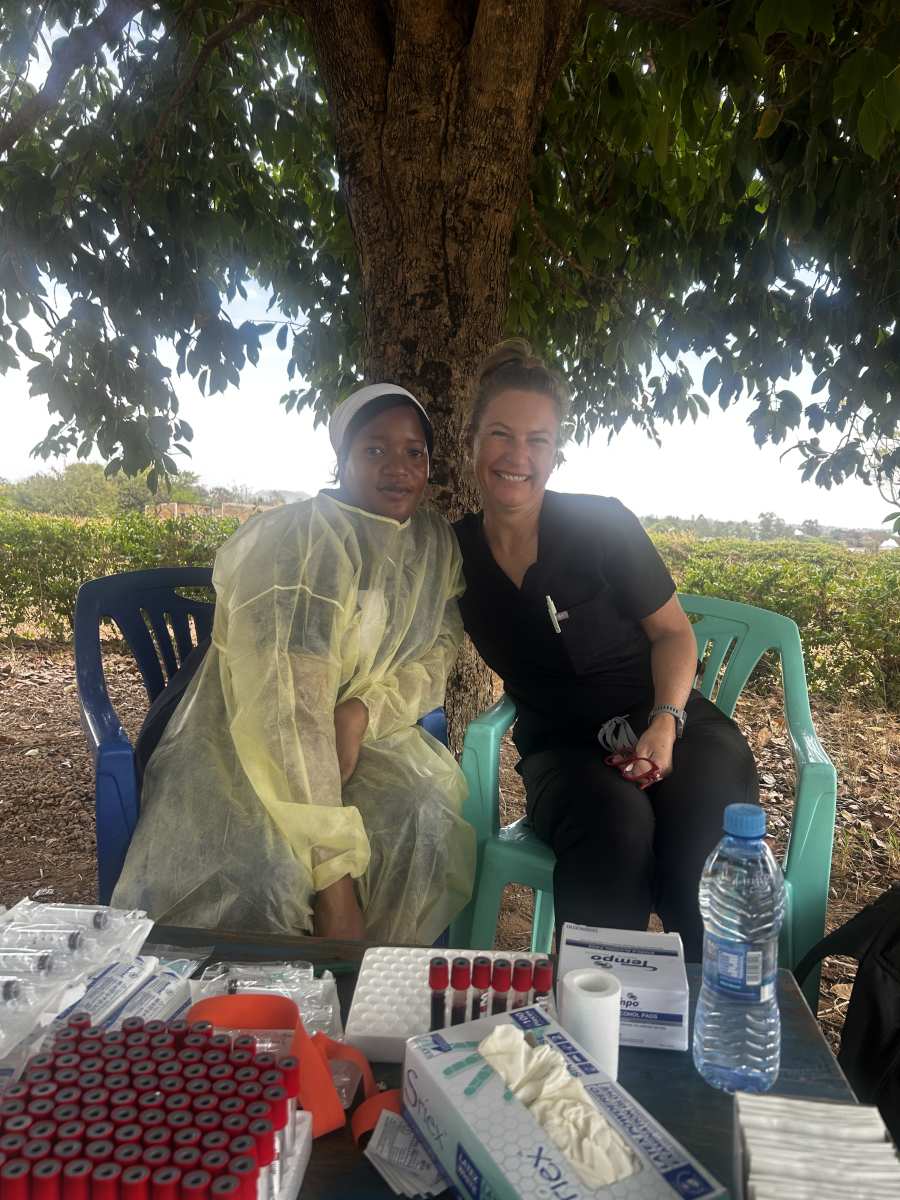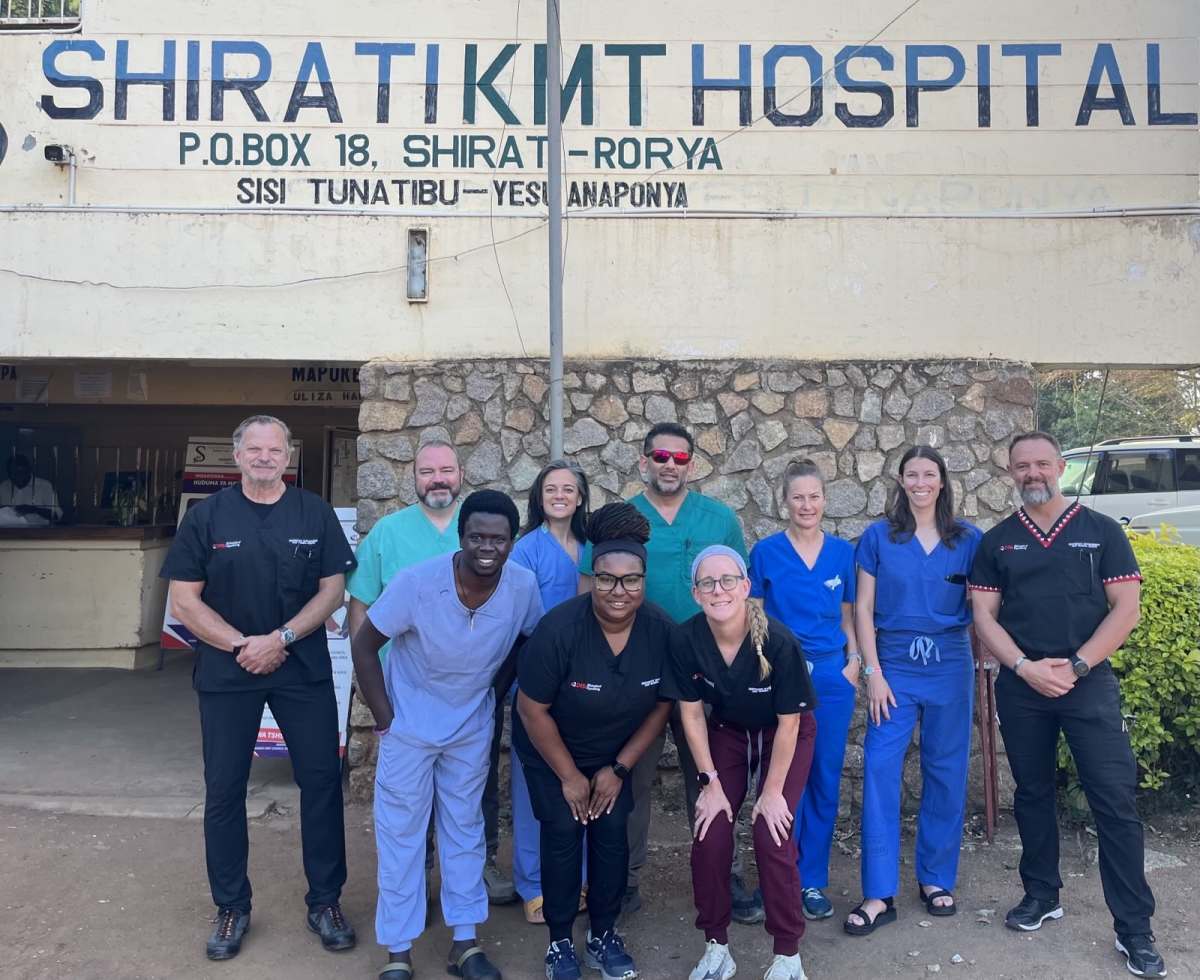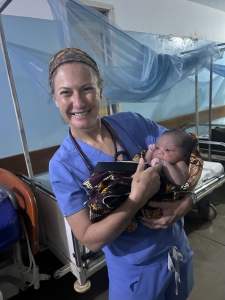This project will facilitate a humanitarian medical service trip to Tanzania (Aug 23– Sept 3, 2025), in collaboration with Friends of Shirati, to provide medical care, health education, and community outreach in remote, underserved areas. A team of University of Lynchburg students and faculty will assist in medical clinics in remote villages and at Shirati Hospital, conduct community health assessments, and provide preventive and acute care for local populations with limited healthcare access. The project aims to enhance healthcare delivery, improve patient outcomes, and foster cross-cultural medical training, equipping participants with critical skills in global health, remote medicine, and emergency response. This initiative will make a difference by directly addressing medical needs in these communities while preparing the next generation of healthcare providers to work in resource-limited settings.
This project will serve the local people of Shirati and other remote villages in Tanzania, who experience significant healthcare disparities due to limited resources, remote locations, and systemic barriers to medical services. Many individuals in these communities face high rates of infectious diseases, chronic conditions, malnutrition, and maternal-child health challenges with little or no access to routine medical care. By providing direct patient care, preventive health education, and capacity-building initiatives, this project will enhance short-term health outcomes while supporting Friends of Shirati’s long-term mission of developing accessible healthcare in the region
The expected impact of this project is twofold:
1. Immediate Community Health Benefits – By offering direct medical care, screenings, and health education, this initiative will help address urgent medical needs and chronic health conditions, improve preventive healthcare efforts, and support public health interventions in underserved communities.
2. Long-Term Professional & Educational Growth – For students and faculty, this experience will provide invaluable hands-on training in global health, cultural competence, and field medicine, reinforcing skills in adaptability, leadership, and interdisciplinary collaboration. These learnings will extend beyond the trip, as participants apply their experiences to future careers in medicine, public health, and emergency response, fostering a lifelong commitment to service and humanitarian healthcare.










How do you describe a feeling? An emotional change that happens when you are affected by the variables you are surrounded by. As healthcare providers, we are accustomed to following the science, the tangible algorithms, and established standards of care protocols. But when you find yourself in a small town in northern Tanzania, along the shores of Lake Victoria, it becomes more about the emotional connection you have with the community than the treatment plan. It is about forging trust and relationships to open doors for future care and long-lasting mutual respect, thereby achieving sustainable health outcomes. It is a privilege to be part of a community where we share our skills and can make a profound impact on the lives of many, as we experienced on this trip.
I had the opportunity to travel to Shirati, Tanzania, as a student at the University of Lynchburg's Doctor of Medical Science program in Emergency Management and Global Health. I grew up in South Africa, and as a PA, I have always wanted to return to Africa to give back. I was therefore very eager to participate in this trip. However, even with my background, nothing could have prepared me for the depth of gratitude I would feel for this opportunity. The warmth and generosity of the Tanzanian people were infectious. We were taken under the wing and leadership of Dr. Chirangi BM and Shirati KMT Hospital, which provided us with opportunities to contribute to both inpatient care and community outreach programs.
Working alongside community healthcare workers, other international students, and NGO groups in the community was the highlight for me. Shirati is situated near Lake Victoria, the second-largest freshwater lake in the world. The lake is a main source of income, sustenance, and lifestyle. However, it is also infested with Schistosomiasis, a parasite that infects people when they come into contact with contaminated water, entering the skin and causing early-stage infection, such as a rash or late-stage organ damage. We worked alongside NGO Maji Safi and Shirati KMT Hospital to educate, prevent, and treat the community. Working under the trees, on the shore of the lake, where community members go about their daily activities, really drives home the connection between health and the environment. Women are dancing, grinding corn, and building fires in the dirt to make dinner, all while we take vitals, ask questions, and create treatment plans. That day, we treated 708 patients while laughing, dancing, and eating with the community members. Now that is an impact that both feeds the soul and changes health outcomes.
Working in the hospital had a different energy, and here we found the challenges a little more apparent, especially in comparison to the sterile cold facade of US hospitals. I spent an evening in the maternity ward where cots were lined up with young women laboring. There were no partitions for privacy; flies were present on all surfaces, including those of the laboring women. Women walked themselves to the delivery room and walked themselves back to the recovery room. It was initially shocking to witness, but with time and observation, I began to connect with the rhythm of life and the naturalness of childbirth, with no awkward shyness, just the colorful wraps used to cover women’s bodies, and every new infant welcomed into the organized chaos by the warmth of the staff who quietly encouraged the women. On my evening in the maternity ward, I got to deliver my first baby right before midnight, a beautiful 9lb 6 oz girl.
We have choices in life, and how we use our degrees. I encourage everyone to step out of their comfort zone and take a humanitarian trip, where you will be forever changed. The experiences will not only transform you as a provider for the better but will also positively impact you as a person. Africa was already in my heart and soul, but this trip has solidified my love for a continent filled with contrasts of beauty and struggles.